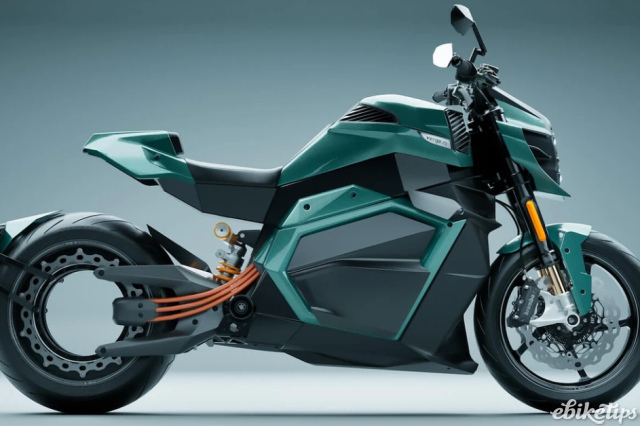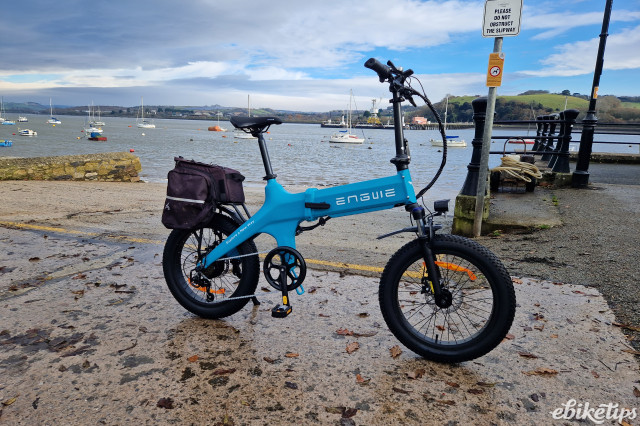The government have announced that a 12 month trial will begin on Saturday that will legalise the use of e-scooters on UK roads and cycle lanes. Only rented scooters covered by a motor vehicle insurance policy will be street-legal, and riders must be over 16 with a valid provisional or full driving licence.
While e-scooters are legal to use in many European countries, they're still technically illegal to use on public highways in the UK. That will change on Saturday 4th July, as the government's plans to legalise e-scooters first announced in January will finally come to fruition. The trial will last for 12 months, during which time the government plan to assess their usefulness; the government's guidance document says: "E-scooters offer the potential for fast, clean and inexpensive travel that can also help ease the burden on transport networks and allow for social distancing."
There are plenty of caveats to the changes, the main one being that privately-owned e-scooters will still not be legal to use under the rules of the current trial. Only rented e-scooters that are insured will be legal to use on roads and cycle lanes, meaning only hire firms and some retailers will be allowed to offer scooters for rental. The scooters must have a maximum speed of 15.5mph, the motor's continuous power rating must not exceed 500 watts and it must only be designed to carry one person. Technically they are still classed as a motor vehicle, but a new sub-category has been created to define e-scooters.
Riders must hold at least a provisional driving licence and be over 16 years of age, and while cycle helmets are recommended, they are not mandatory. The document says: "The government considered mandatory use of cycle helmets in detail as part of its ‘Cycling and Walking Investment Strategy safety review’ in 2018. We believe these considerations are broadly applicable to e-scooters with a similar speed limit to EAPCs and we will continue to recommend usage of cycle helmets."
The scooters will be legal to use on the road and on cycle lanes, but not pavements. The government say that they will amend the Traffic Signs Regulations act to include e-scooters within the definition of vehicles permitted to use cycle lanes, meaning that e-scooters can be ridden on lanes or paths where there is a bike symbol. Local authorities will also have to amend their Traffic Regulation Orders so they state that a cycle lane is for use by pedal cycles or e-scooters.
While the new legislation doesn't permit the use of privately owned e-scooters in Britain, it's thought that some retailers will get creative to fall within the guidelines; high street electric vehicle specialists Pure Electric want to sell e-scooters on a 'long lease' basis, and confirmed they are already in discussions with the Department for Transport to be part of the trials. They told eBikeTips:
"It’s fantastic news. The government is fast-tracking scooter trials and we’re very supportive of them. We are confident at the end of the trials scooters will be made legal for use on roads and cycle tracks but not pavements.
"There is widespread recognition electric scooters have a valuable role to play in improving our transport ecosystem and reducing our environmental impact; however some people are also wary of this new technology and its potential impact, particularly on vulnerable road and pavement users. So the trials will provide us with the data, experience and insights to better understand how scooters can be made legal while minimising the risk of any negative outcomes."
Will you be happy to share cycle lanes with e-scooters, and do you think they can play a positive role in reducing emissions? Let us know your thoughts in the comments as always.






